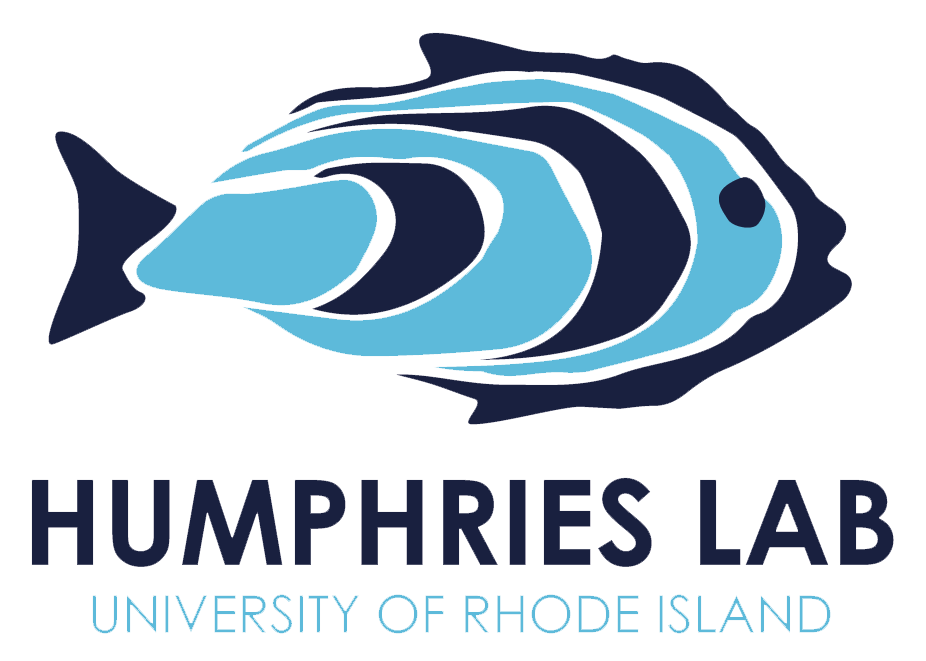

Distant Water Fleets
Distant Water Fleets
Location: Peru, Madagascar, Philippines, and Federated States of Micronesia
Lab Personnel: Rachel Zuercher
Collaborators: Elin Torell (URI Coastal Resources Center), Lauren Josephs (URI Coastal Resources Center and lab alumni), Heidi Schuttenberg (US Agency for International Development), Kelvin Gorospe (US Agency for International Development and lab alumni)
Goal: Build an understanding of the ecological and socioeconomic costs of unsustainable fishing by distant water fleets (DWFs) with a particular focus on the ways that DWF activities impact domestic food security in the countries where they fish.
Significance: Our project will provide policy recommendations to maximize local nutrition and economic benefits from focal stocks that are targeted by both domestic and distant water fleets.
Background: Distant water fleets (DWFs) are those vessels that fish far from their home waters, often within the national waters of other countries. They have been identified as one of many challenges to recovering or sustainably managing fish stocks. In particular, these heavily-subsidized industrial DWFs may decrease fish availability for domestic fleets, reduce revenue to local economies, and diminish opportunities for domestic fisheries to address the food security needs of nations where they operate. The world is not on track to meet the United Nations Sustainable Development Goals on food security and improved nutrition, and climate change is only forecasted to make meeting these goals more difficult. By approaching this research on DWFs through the lens of food security, our project will contribute to the broader conversations on both sustainable fisheries and the importance of access to high-quality, nutritious food for coastal communities around the world. The work will build on research at the University of British Columbia and the Sea Around Us project.
Scientific Milestones: Check back soon!
Funding: US Agency for International Development (USAID)
